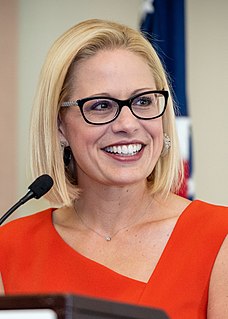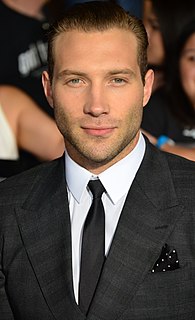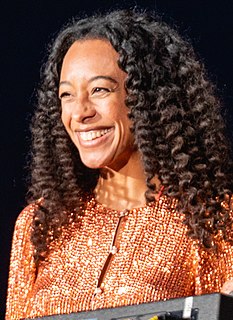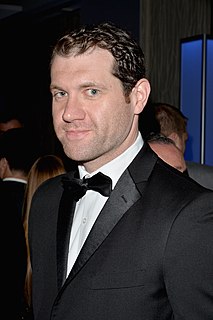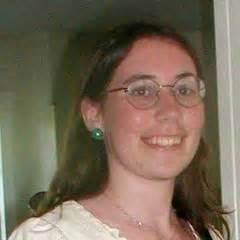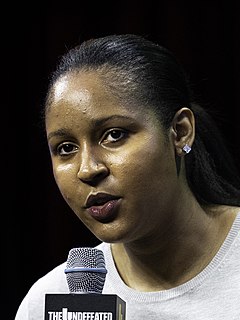A Quote by Kyrsten Sinema
I lived for two years in an abandoned gas station with no running water and no electricity after my parents got divorced and my stepdad couldn't get a job. So I think a lot about families like mine who were middle class and struggled. So that experience really drives my philosophy.
Related Quotes
I didn't really have an interest in politics when I first entered the workforce. What I wanted to do was help people who grew up like me. When I was a kid growing up in Tucson, my father lost his job and we lost everything - including our home. We lived in an abandoned gas station for two years until we were able to get back on our feet.
...I think we should find some kind of shelter; a cave or something." "I don't want to do that! What if there's like, a creature living in the cave?" Tiara said. "Seriously, I saw this show once where these people were stranded on an island and there were these other people who were sort of crazy-slash-bad and there was this polar bear creature running around." "What happened?" Miss Ohio asked. "I don't know. My parents got divorced in the middle of season two and we lost our TiVo.
The only other thing I can really remember wanting to do besides acting was a gas station attendant. At the time, that seemed like a great job - wash the windows, pump the gas - it looks so cool coming home with black hands. There's a natural transition, from wanting to be a gas station attendant to being an actor, right?
I was born in a little town called Lund in British Columbia. It's like a fishing village. My parents were hippies. They tried to live off the land, so I grew up in a log cabin, and we didn't get running water until I was 4. The next year, we got electricity. Then we moved to the city, Victoria, British Columbia, so I could go to school.
Some people have this really clear memory of making that decision, and I don't. My earliest memories of being involved with drama or acting were in elementary school. My sister and I got dropped off at an after-school improvisation class, a time-killer for kids while parents were doing the groceries. I'm 6 years old, and I remember running amok and playing these games.
During the process of writing the book, I had this experience that was telling for me. I got it and the basic idea and got the plots and everything, but I wasn't sure who the audience was. I exist in this other world - in the book publishing and magazine world of people who would make fun of this project. We were driving home after two weeks in Maine, and we stopped in a gas station in Massachusetts and saw that Snooki had just been arrested. It was a surreal moment. My last few weeks were spent trying to get in this person's head, and there she was in on the cover of the New York Post .
